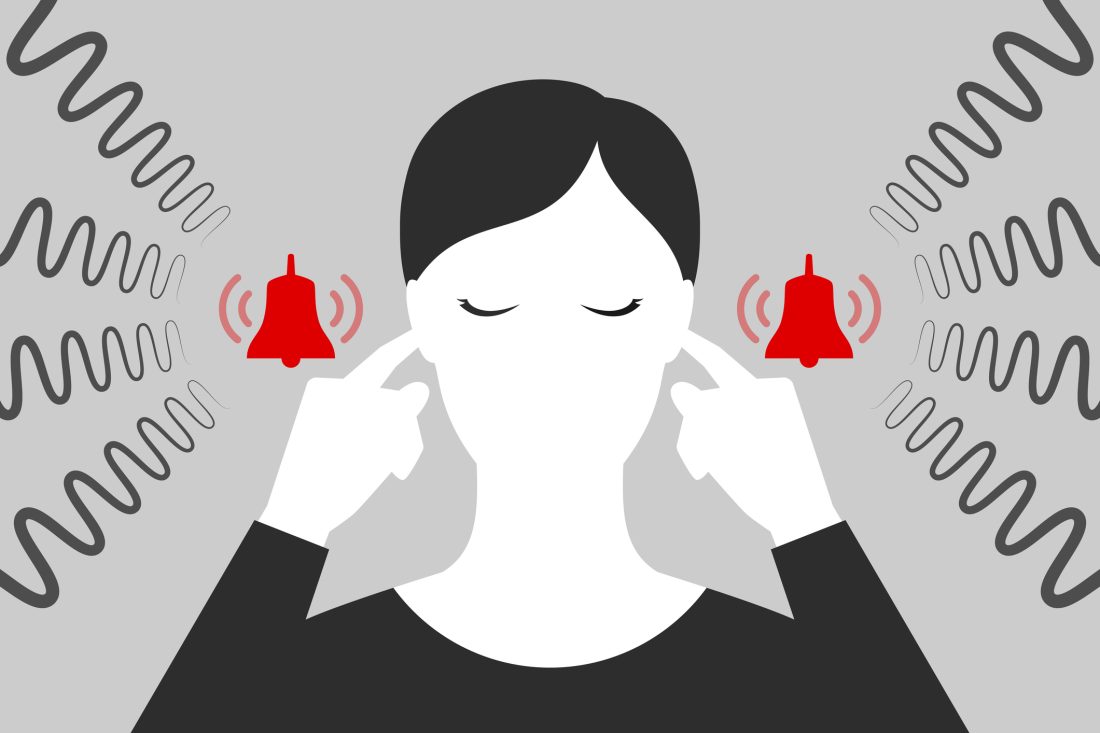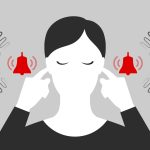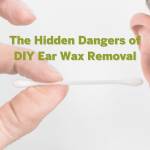
Tinnitus – its potential causes, and how to manage it
Have you ever heard ringing, buzzing, hissing, or even whooshing sounds when silence surrounds you? These phantom noises, collectively known as tinnitus, can be a frustrating and often isolating experience. But fear not, for while tinnitus might linger, its mystery doesn't have to. Dive into our guide to understand what is tinnitus, its potential causes, and how to manage it effectively.
What is Tinnitus?
Contrary to popular belief, tinnitus isn't an actual sound; it's the perception of sound when no external source is present. This phantom noise can manifest in various forms, ranging from high-pitched ringing to low-frequency rumbling. In many cases, it's a temporary annoyance, but for some, it can become a chronic condition, significantly impacting their quality of life.
What Causes Tinnitus?
The exact cause of tinnitus remains an enigma, but numerous factors can contribute to its development. Here are some of the most common culprits:
- Hearing loss -This is the most frequent associate of tinnitus, especially age-related hearing loss. When the tiny hair cells in the inner ear (cochlea) are damaged, they can misfire, sending electrical signals to the brain interpreted as sound.
- Noise exposure - Prolonged or repeated exposure to loud noises can damage the cochlea, leading to noise-induced hearing loss and tinnitus. This is a concern for people working in noisy environments or who regularly listen to loud music.
- Earwax buildup - Excessive earwax can block the ear canal, affecting sound transmission and potentially causing tinnitus. We would recommend getting you ear wax removed by a Hearing Care Professional. All of our practitioners are either HCAs or fully qualified HCPC registered audiologists, well above the minimum standard. To find out more, read our blog “The Benefits of Getting Ear Wax Removed by a Hearing Care Professional”
- Temporomandibular joint (TMJ) disorders - Problems with the jaw joint can sometimes trigger tinnitus due to shared neural pathways with the auditory system.
- Medications - Certain medications, including aspirin, antibiotics, and some diuretics, can have tinnitus as a side effect.
- Medical conditions - Conditions like Meniere's disease, Lyme disease, and thyroid disorders can sometimes be linked to tinnitus.
Tinnitus - how to manage it effectively
While there's no one-size-fits-all cure for tinnitus, various strategies can help manage its impact on your life. Here are some key approaches:
- Hearing aids - If hearing loss is a contributing factor, hearing aids can amplify external sounds, making it easier to hear over the tinnitus. We are an independent audiology practice and will guide you to choose the right hearing aid for your specific needs. If you are unsure of you need a hearing aid, please come to one of our clinics in Wombourne Hagley or Rubery for a free hearing assessment. Our blog - How do I know if I Need a Hearing Aid? – may also be useful to you.
- Sound therapy - Masking the tinnitus with external sounds like white noise, nature sounds, or music can provide relief. Tinnitus retraining therapy utilizes specific sounds to help the brain habituate to the tinnitus, reducing its perceived loudness.
- Cognitive-behavioural therapy (CBT) - This therapy helps individuals develop coping mechanisms to manage the emotional distress associated with tinnitus.
- Relaxation techniques - Practices like meditation, yoga, and deep breathing can help manage stress and anxiety, which can exacerbate tinnitus symptoms.
- Lifestyle changes - Reducing stress, limiting caffeine and alcohol intake, and getting enough sleep can contribute to overall well-being and potentially improve tinnitus perception.
Tinnitus Care Reminders
- Consultation is crucial - If you experience tinnitus, consult an audiologist or healthcare professional for diagnosis and personalized management strategies. Our expert team are on hand for you to talk to about your concerns.
- Support is available - You're not alone. Numerous support groups and online communities can connect you with others who understand your experience and offer emotional encouragement.
Tinnitus might be an uninvited guest in your auditory world, but by understanding its causes and exploring management options, you can empower yourself to reclaim control and find solace amidst the phantom sounds.





